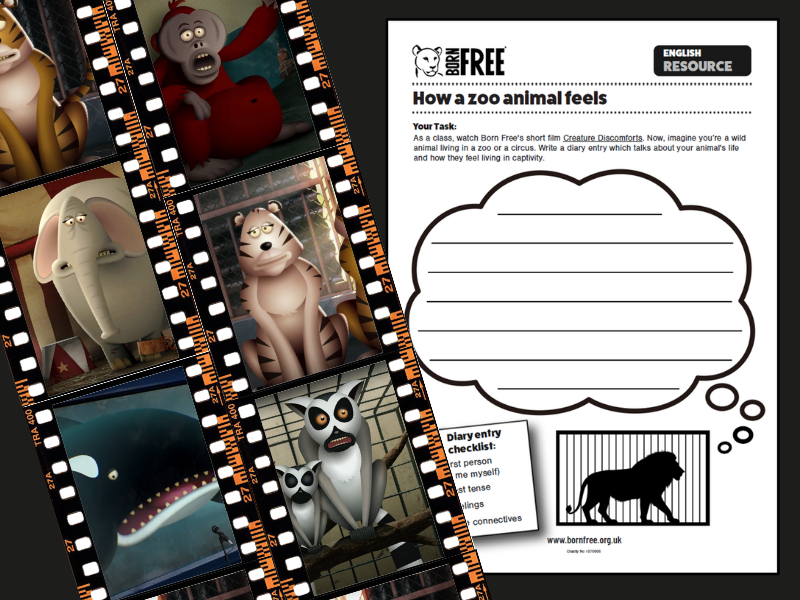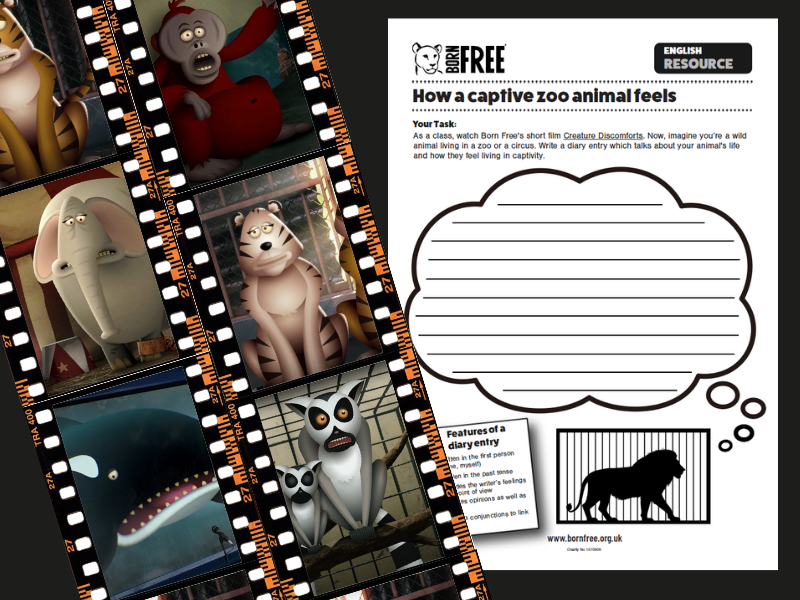Born Free Foundation
Born Free works to stop individual wildlife suffering & protect threatened species in the wild. We create resource packs, aimed at KS2 to KS4, that include full lesson plans, PowerPoint presentations and activities, and detailed links to the National Curriculum. Our cross-curricular resources aim to develop a range of skills, including; decision making, debating, speech writing, performing, presenting, persuasive writing, questioning, reporting and data analysis.












